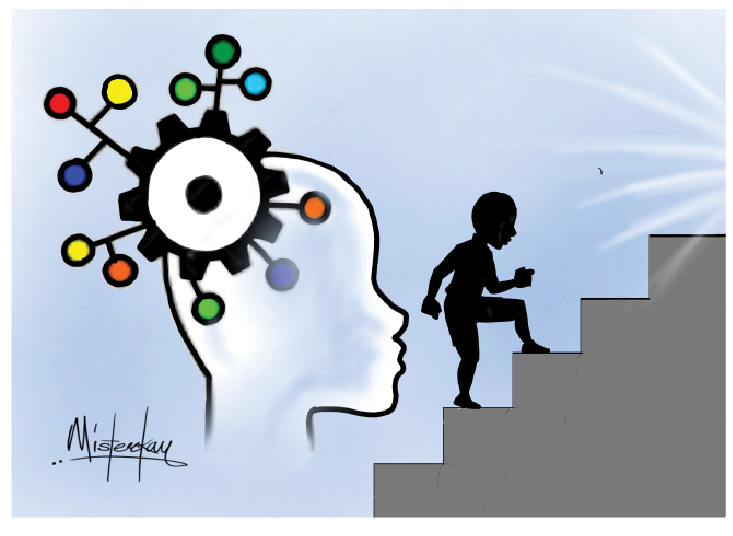Whenever school holidays loom, many parents find themselves caught in an emotional tug-of-war: on the one hand, relief at bidding farewell to homework battles, bedtime struggles, and the lamenting of lost lunchboxes; on the other, terror at the daunting prospect of a barrage of “whys” and “buts” from their relentless interrogators. To avoid logic-defying arguments and endless debates, it is often not long before they find themselves playing the ultimate parental trump card: “because I said so”. As a parent, I can relate.
But I’m also a moral philosopher with almost two decades of teaching experience. In philosophy classes, students who question ideas – and sometimes, in doing so, challenge authority – are praised. Why isn’t the same true for children? Is a child who questions their parents “being cheeky”? Or are they flexing the mental muscles that are necessary for their intellectual growth and ability to navigate the world? The job of a moral philosopher is to grapple with ideas about right and wrong, good and bad, seeking to answer the ultimate question: “how ought we to live?” While we use a range of strategies to tackle these fundamental ethical questions, one of the most important tools at our disposal is critical thinking.

Critical thinking is the ability to analyse and evaluate information and arguments in a clear, rational and objective manner. When we are confronted with information, critical thinking requires us to consider why this pers.

























